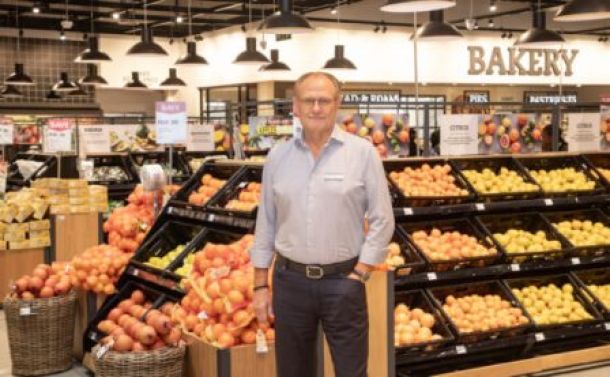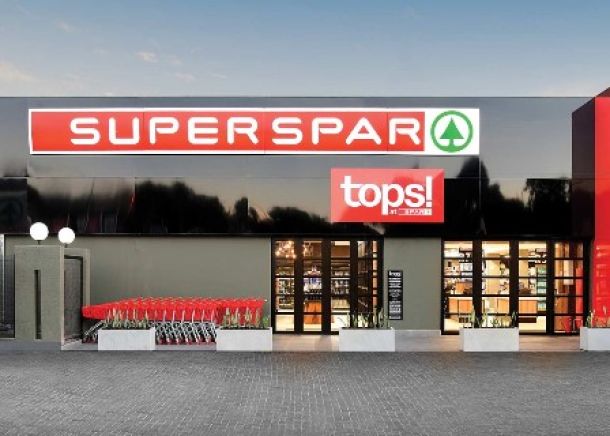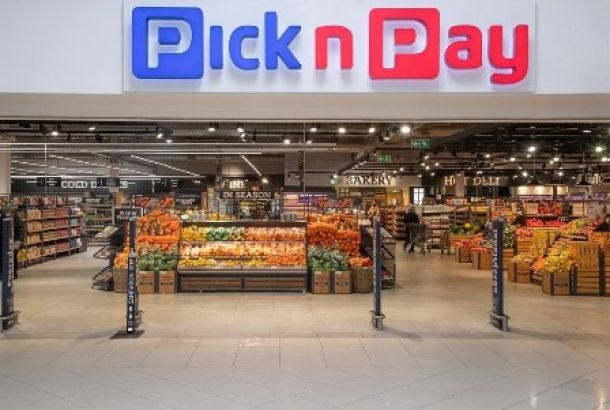Pick n Pay keeps inflation at bay
The retailer earned less in franchise fee income from Express stores due to a new agreement between Pick n Pay and BP. Measured by the volume of groceries sold, Pick n Pay delivered its strongest six-month trade performance in five years, its interim results released on Tuesday morning claimed.
The group’s turnover for the 26 weeks to August 26 came to R41.2bn, a 6.4% growth from the first half of its previous financial year.
Its network of stores under its various brands totalled 1,732 at the end of the reporting period, indicating fairly conservative expansion. The group reported it had 1,685 stores at February 25, so it grew by a net 47 stores during the first half of its 2019 financial year.
Like-for-like turnover growth, which excludes new stores, was 3.8%.
CEO Richard Brasher said the retailer held its internal inflation at 0.3%, far lower than the 3.5% food inflation reported by StatsSA in its consumer price index (CPI).
After-tax profit grew 20% to R489m, and diluted headline earnings per share (HEPS) by 17% to 98.38c.
Pick n Pay raised its interim dividend by 17% to 39.1c from 33.4c.
“There were clear market share gains over the period,” Brasher said in the results statement.
The group opened 60 new stores during the first 26 weeks of its 2019 financial year, with a focus on smaller neighbourhood convenience stores, standalone clothing stores and liquor stores.
It closed 13 underperforming stores during the period.
Much of Pick n Pay’s store expansion in the past few years has come from its alliance with fuel group BP whereby the retailer franchised Express-branded outlets on service station forecourts.
A change in Pick n Pay’s agreement with BP saw franchise fee income from Express stores fall 3% to R196m.
“The reduction in franchise fee income will be offset by a greater level of related volume through the Pick n Pay supply chain,” the results statement said.
Pick n Pay opened 14 new Express stores during the reporting period, bringing its footprint of garage forecourt stores in SA to 133.
Zimbabwean joint-venture TM Supermarkets delivered “outstanding performance”, offsetting problems in Zambia and other countries outside of SA.
“TM delivered turnover growth of 30.4% in local currency terms, anchored by improved stock availability and an effective promotional calendar. The group’s share of TM’s after-tax earnings grew 94.5% year on year,” the company said in the results statement.
Zambia, in contrast, suffered from “a tough trading environment, characterised by a constrained consumer, intense retail competition, import restrictions and selling price deflation across broad product categories”.
“The team in Zambia mitigated the impact of the difficult trading conditions through determined cost control and tight working capital management.”
News Category
- International retailers
- On the move
- Awards and achievements
- Legislation
- Wine and liquor
- Africa
- Going green
- Supplier news
- Research tools
- Retailer trading results
- Supply chain
- Innovation and technology
- Economic factors
- Crime and security
- Store Openings
- Marketing and Promotions
- Social Responsibility
- Brand Press Office
Related Articles

Pick n Pay plunges 16% on JSE as stock adjusts ...

SPAR suffering from a hangover

Pain for Pick n Pay

Pick n Pay disaster


